by Vince Hawkins
François de Neufville was born in 1644 in France, the son of Nicolas de Neufville, the Marquis of Villeroi. François came from a noble family that had risen to prominence during the reign of King Charles IX. His father, a marshal of France, had been made a duke by King Louis XIV, and served as the young king’s governor. Being thus brought up at the royal court, François developed a close and friendly relationship with Louis.
[text_ad]
Destined for a military career, Villeroi saw his first action at the age of 20 when he took part in the Battle of the Raab on August 1, 1664. He then saw service in Flanders during the War of Devolution, and during the campaigns of the Dutch War and the War of the League of Augsburg. Promoted to marchal de camp (brigadier general), Villeroi began to win a reputation while serving under the great Marshal Turenne during the Alsatian campaign in 1674-1675. He fought with distinction at Enzheim on October 4, 1674, at Muhlhausen on December 20, and at Turckheim on January 5, 1675.
On February 25, 1677, Villeroi was promoted to lieutenant general in reward for his loyal service to the king. Being an intimate friend of Louis, a distinguished courtier and leader of society, and a man possessing great personal bravery, Villeroi was destined for high advancement in the king’s army. Although he dearly loved the army, Villeroi had the intelligence and integrity to recognize and justly acknowledge his limitations as a commander. The king did not appreciate his friend’s own incapacity, however, and in spite of Villeroi’s never having held any really important or responsible command, Louis nevertheless made him a marshal of France on March 27, 1693.
Commanding the French Army in Flanders
Following the death of the Duke of Luxembourg in January 1695, Villeroi was given command of the French Army in Flanders against King William III. William found Villeroi to be a much more complaisant opponent than Luxembourg, and throughout the campaign of 1696 he consistently outmaneuvered the new marshal. In 1701, at the outset of the War of the Spanish Succession, Villeroi was given command of French forces in Italy.
The change in command was not to better Villeroi’s military fortunes, however, because it pitted him against one of the premier commanders in Europe, Prince Eugene of Savoy. On September 1, 1701, Villeroi was soundly defeated by Eugene at Chiari. He promptly withdrew to the safety of Cremona, but was ignominiously captured in Eugene’s surprise raid on the city on February 1, 1702.
Frustrating the Duke of Marlborough’s Campaign
Exchanged later that year, Villeroi returned to Flanders where he played a role in frustrating the Duke of Marlborough’s campaign in June-October 1703. In 1705 Villeroi again thwarted Marlborough’s attempts at bringing about a decision in Flanders by his unorthodox and seemingly aimless manner of campaigning. In April-May 1706, Villeroi, under instructions from the king, moved aggressively to block Marlborough’s advance against the important fortress of Namur.
On May 23, 1706, with a fresh and confident army, Villeroi engaged Marlborough at Ramillies. The resulting battle was a French disaster as Villeroi’s army was routed in disorder from the field. Unable to get his men to make a stand at any point, Villeroi was forced to watch helplessly as Marlborough quickly overran most of Flanders in the ensuing campaign.
“Good Reasons Are No Explanation for Catastrophe”
Following this disaster, Villeroi retired to the safety of France’s frontier fortresses and wrote a heartfelt apology to the king for his defeat at Ramillies and the subsequent reversal of French military fortunes in Flanders. He wrote honestly that “good reasons are no explanation for catastrophe.” Louis, in generosity, consoled his friend with the remark, “At our age, one is no longer lucky.” Although sympathetic and understanding, Louis nevertheless removed Villeroi from command and never allowed him another. The marshal spent the rest of his military career living the life of a courtier, retaining his king’s undying friendship till the end. Villeroi died quietly in Paris on July 18, 1730, at age 86.
A Brave and Gallant Soldier, But Limited Commander
A finished and talented courtier, and a brave and gallant soldier who truly loved the army, Villeroi obtained his high rank more through his political and personal connections with Louis than through his military skill. Aware of his shortcomings as a commander, he tried his best to live up to the rank and honor bestowed upon him. His few talents, however, were uncomparable to those of such fellow commanders as Marshals Villars and Boufflers, and he was completely overwhelmed by the abilities of opponents like Eugene and Marlborough.
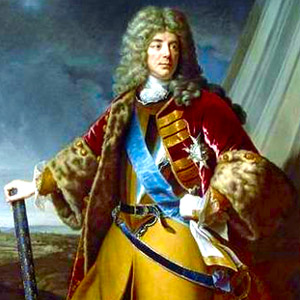
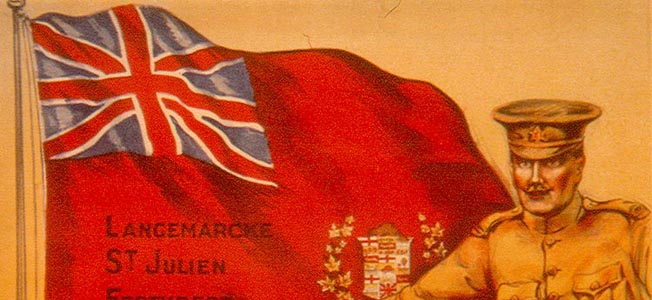
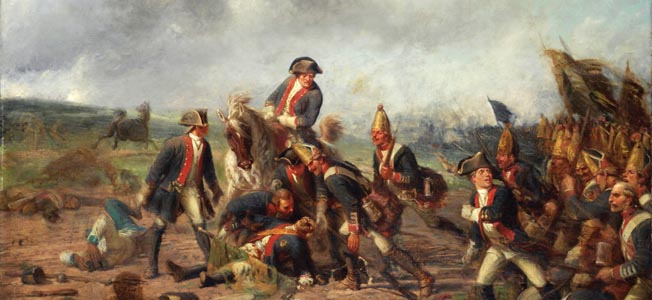
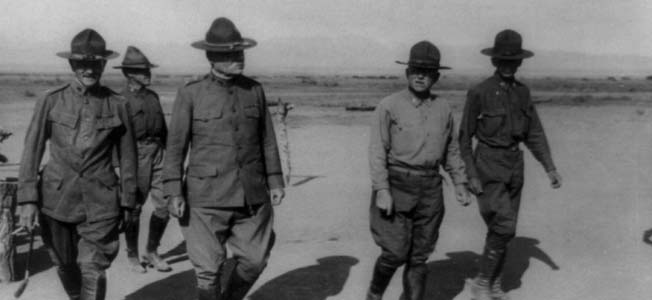
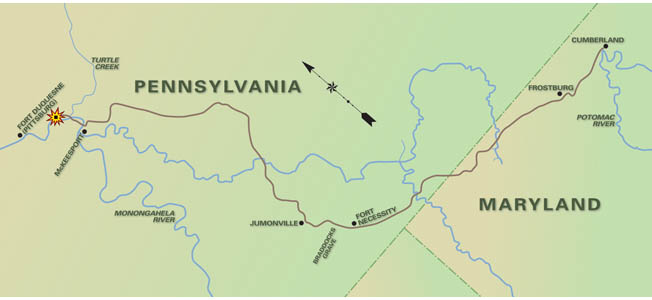
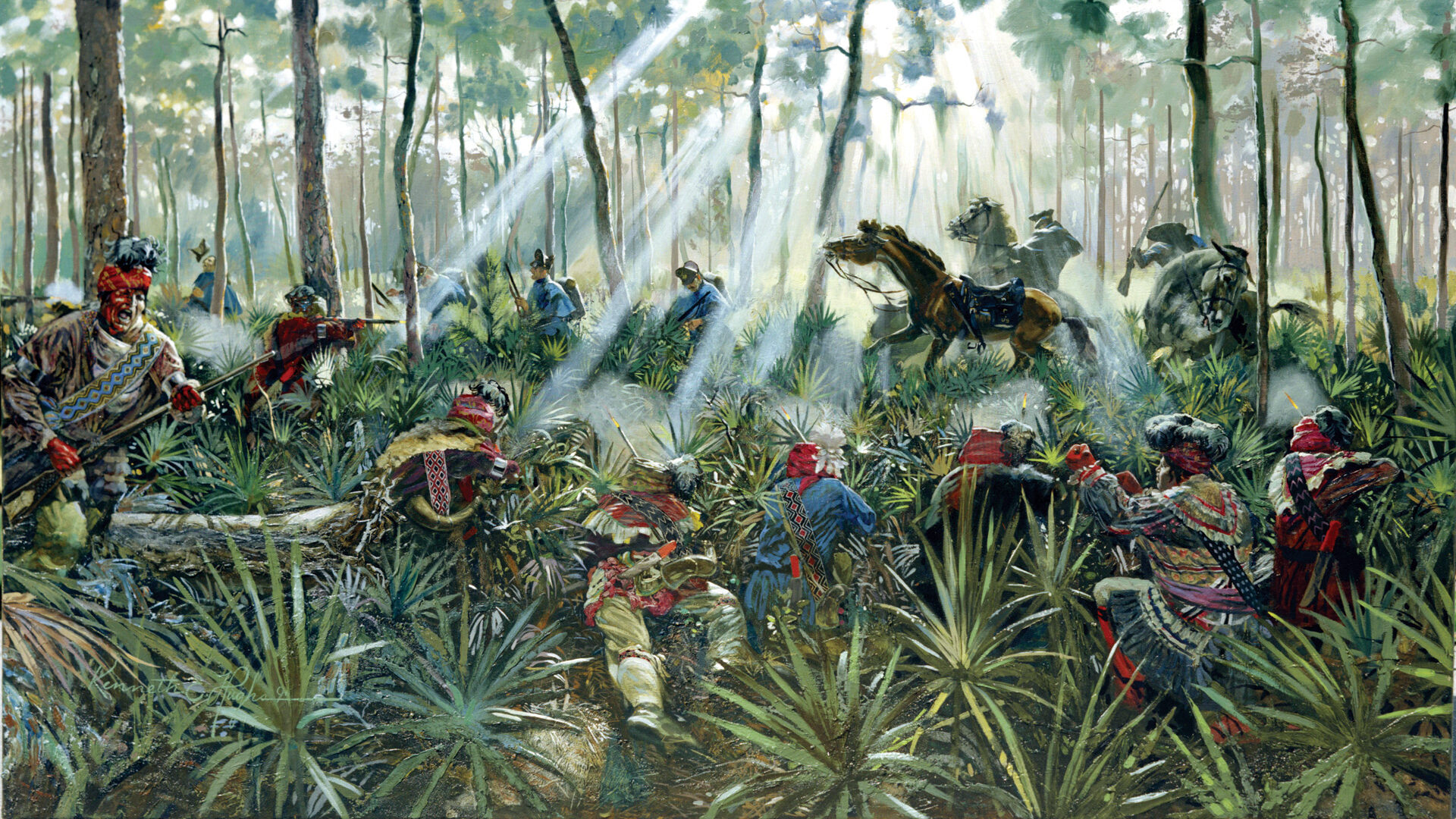
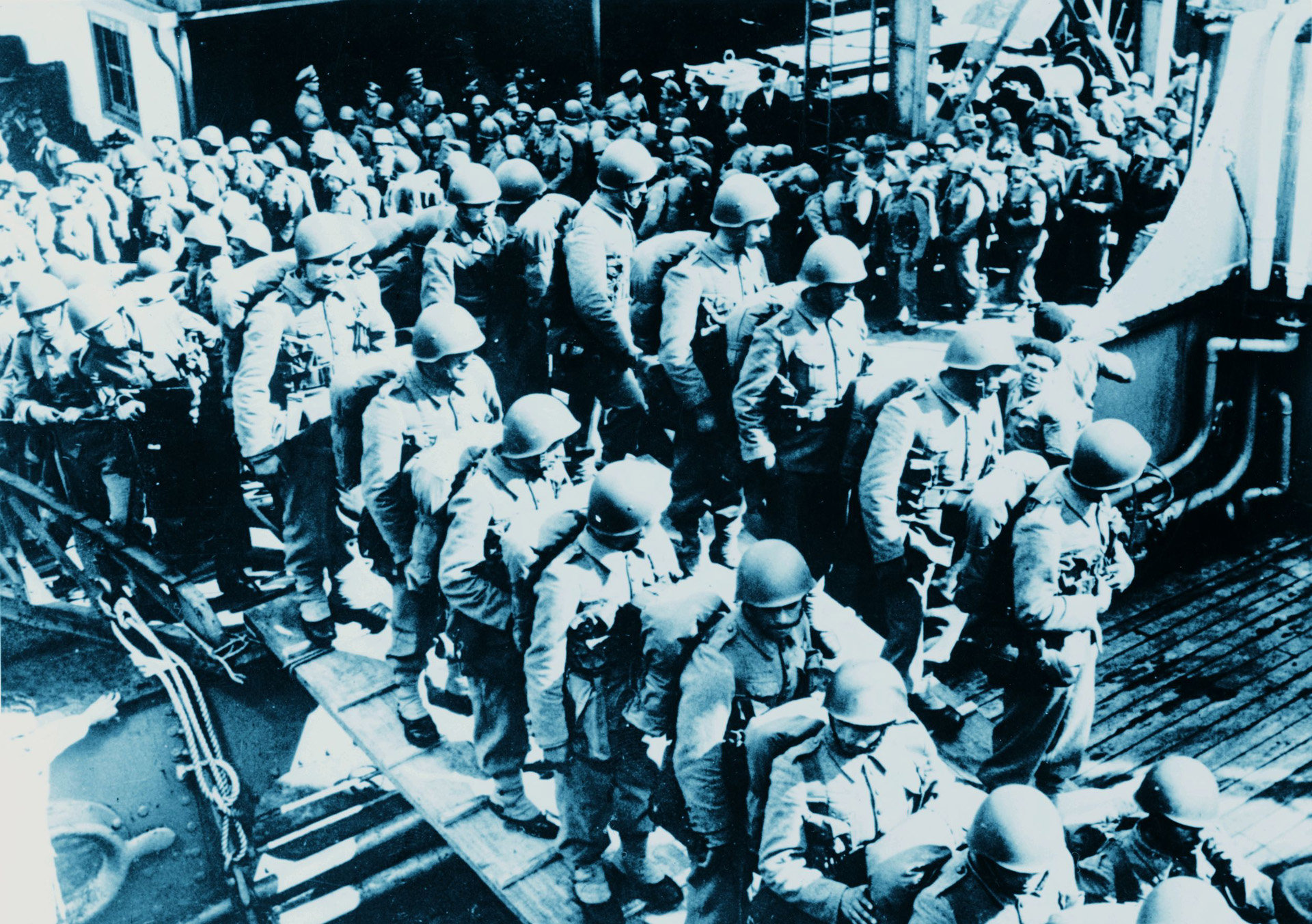
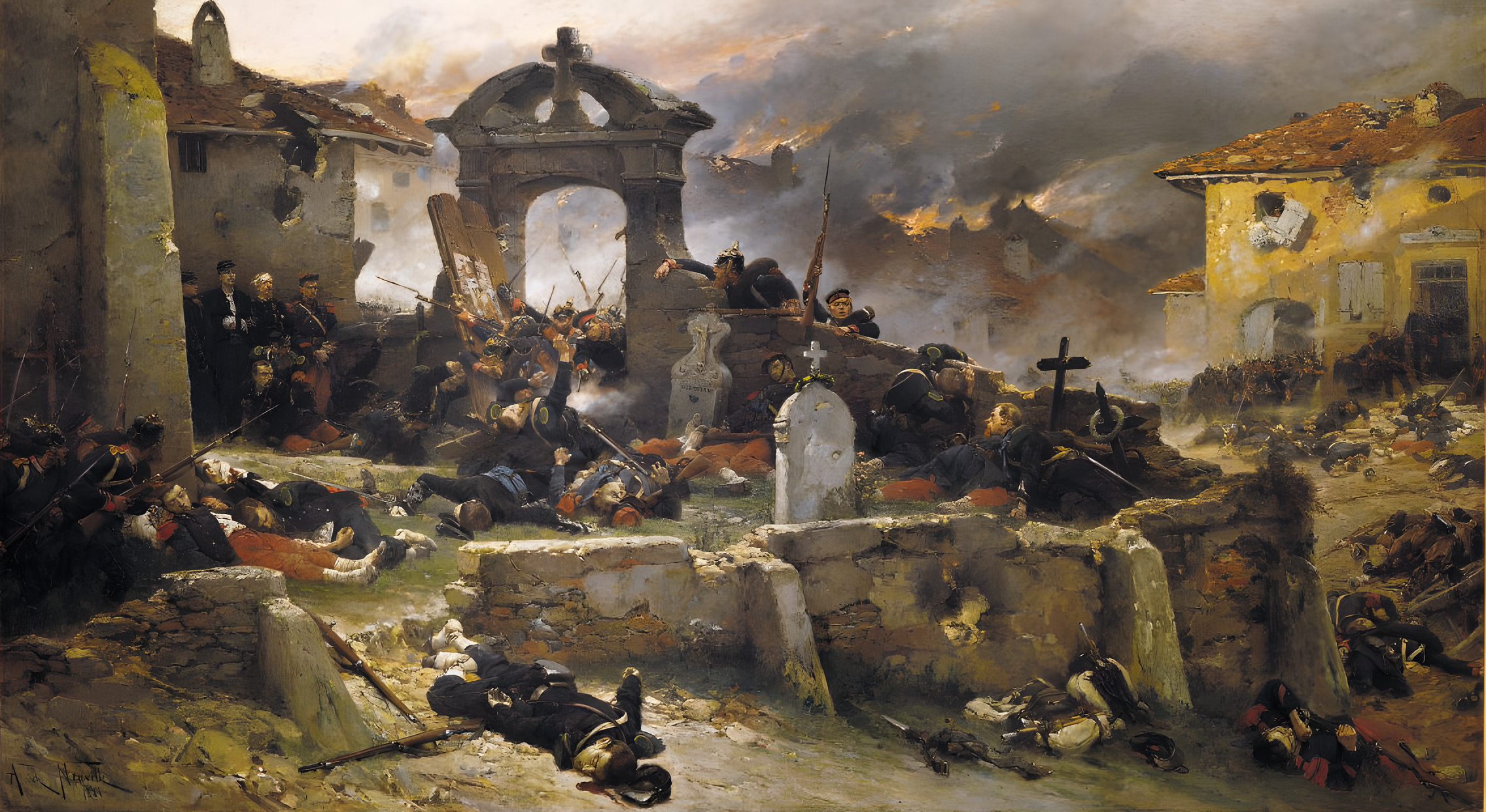

Join The Conversation
Comments
View All Comments